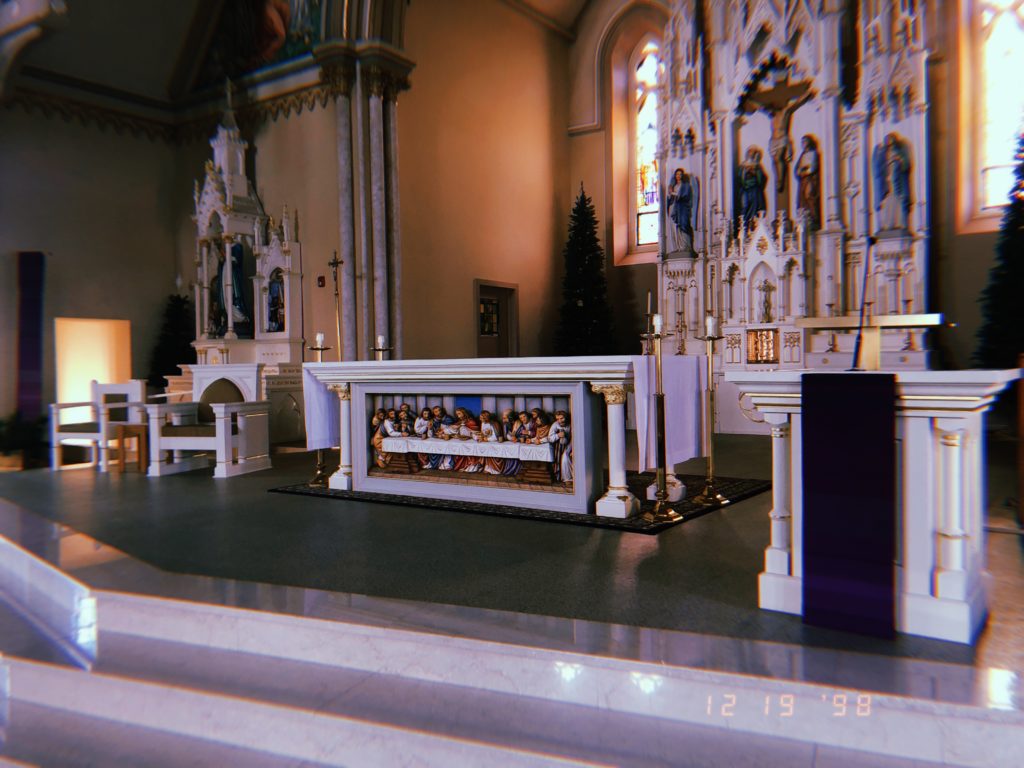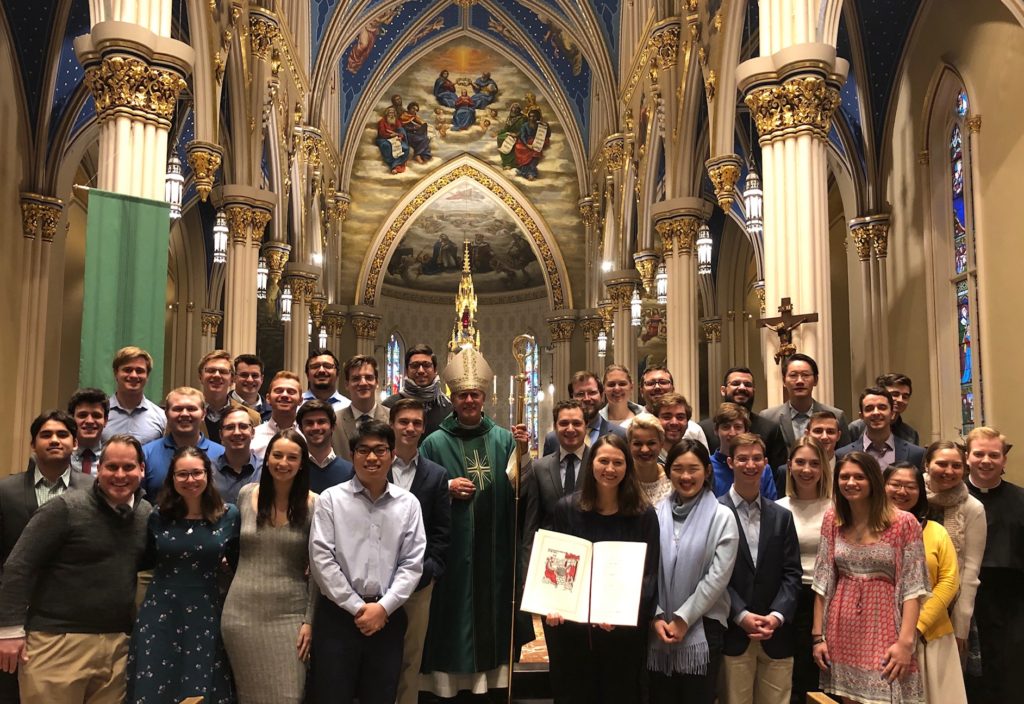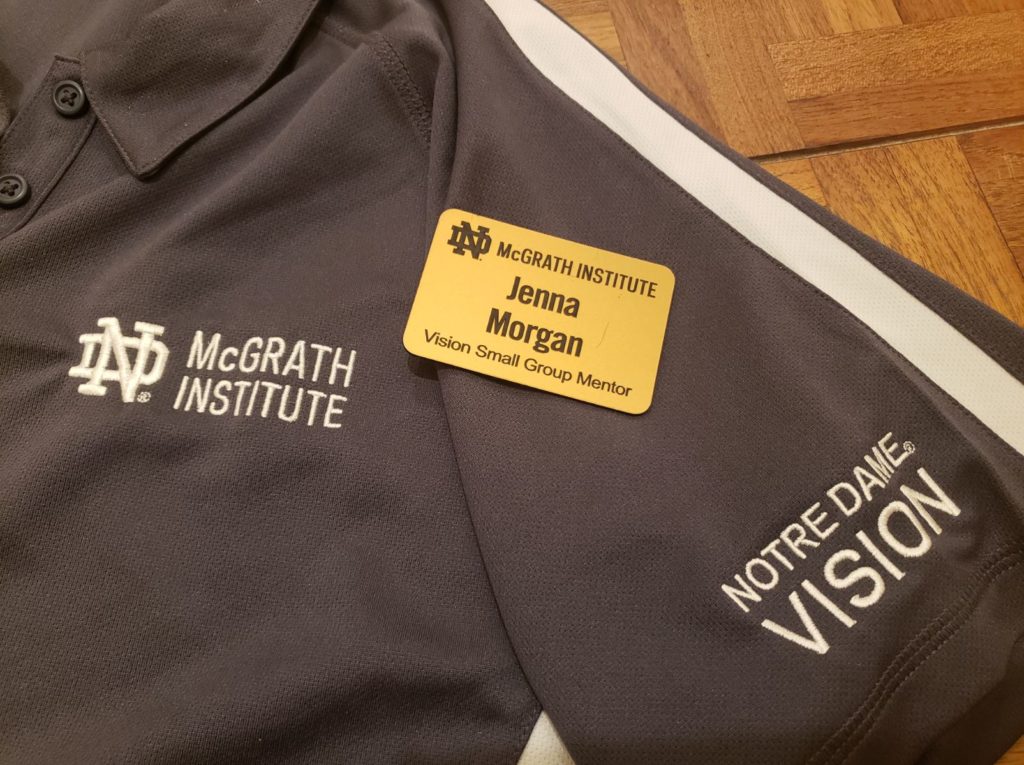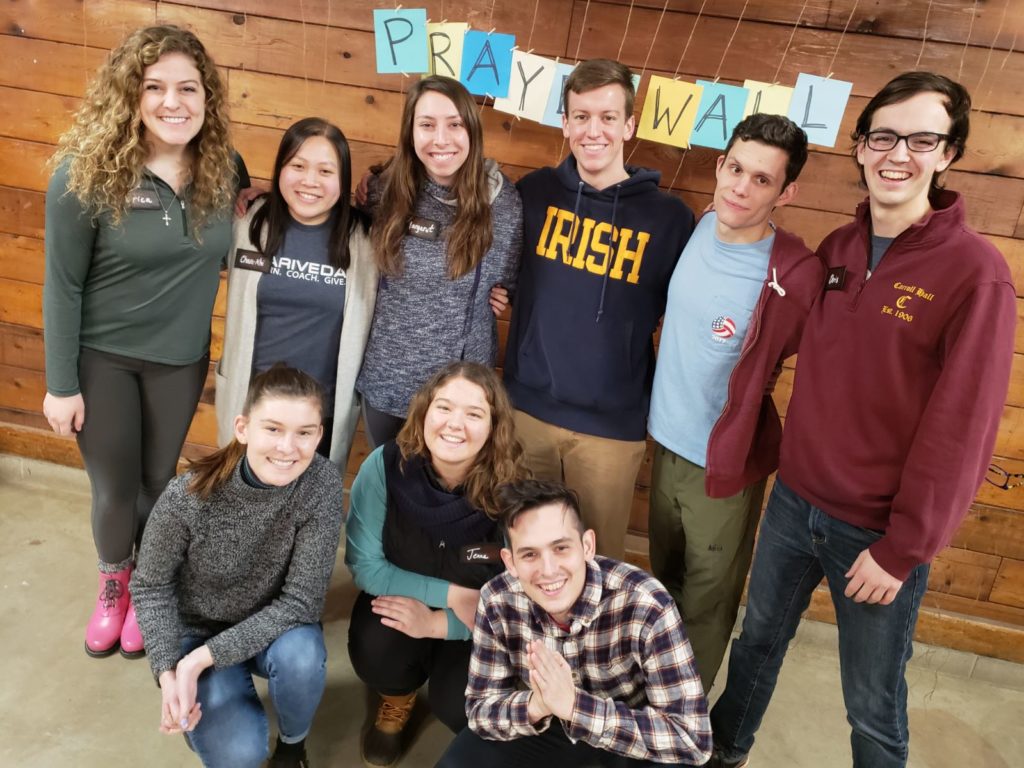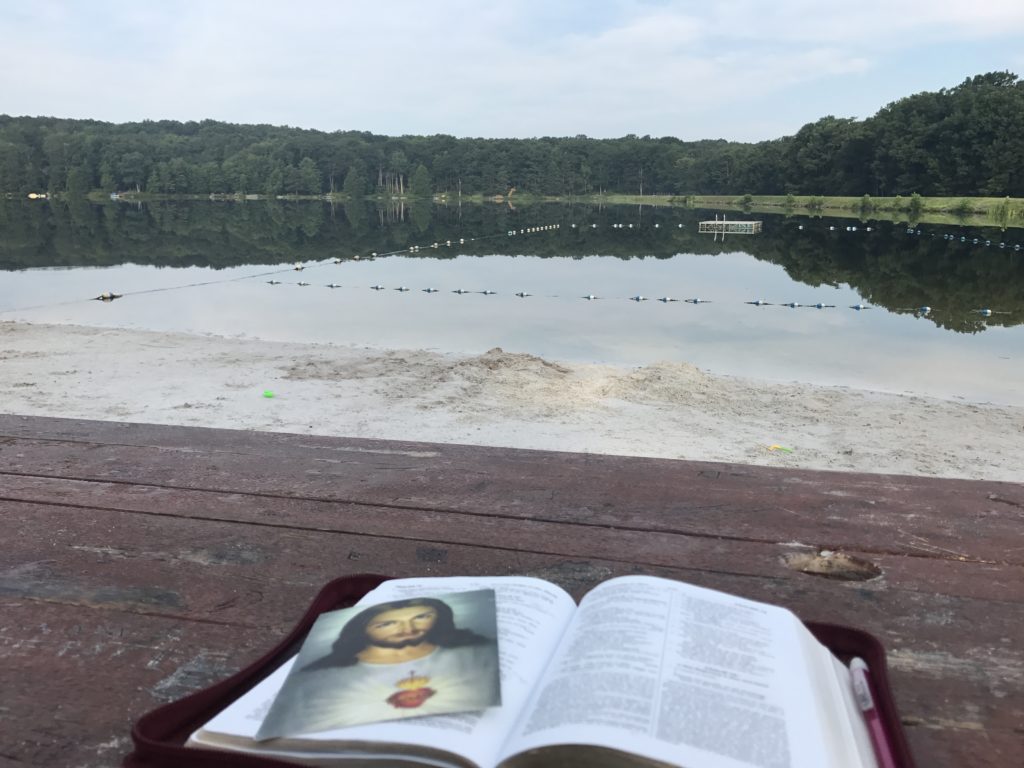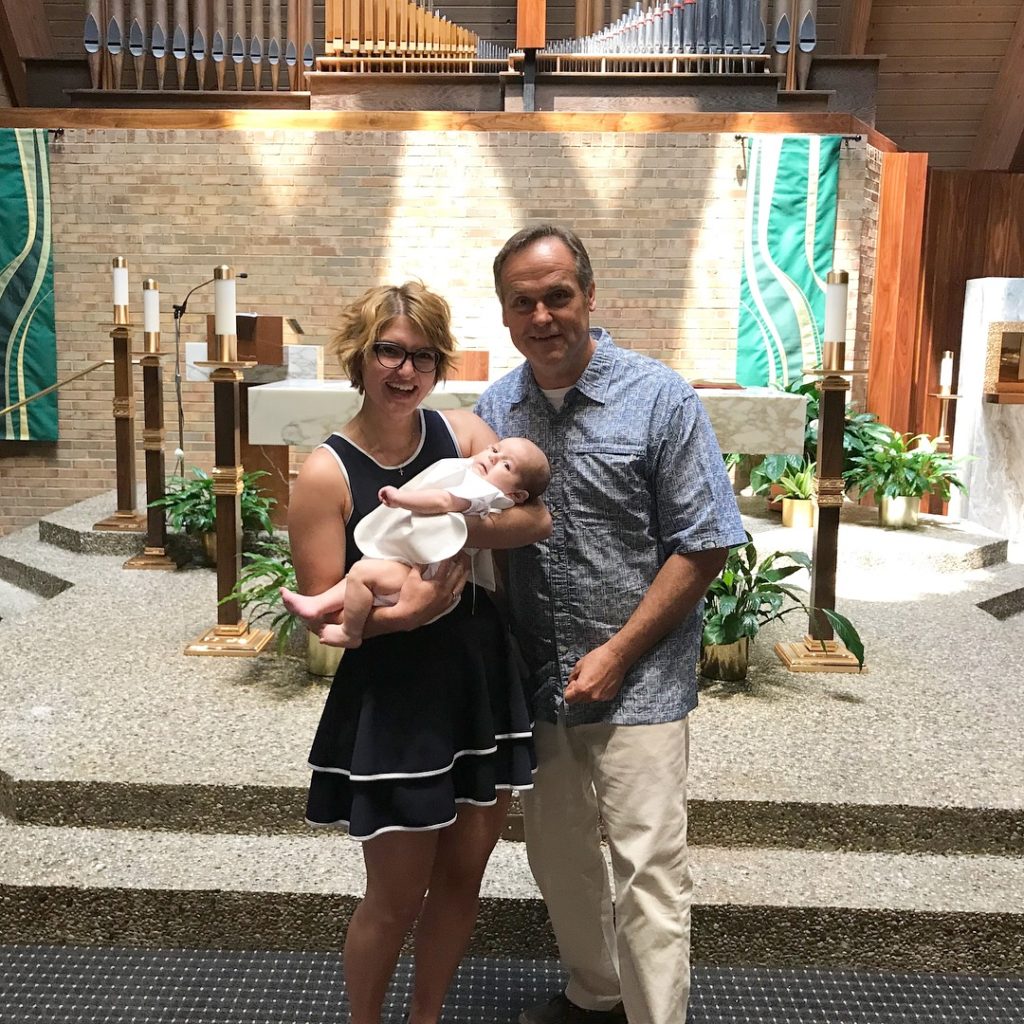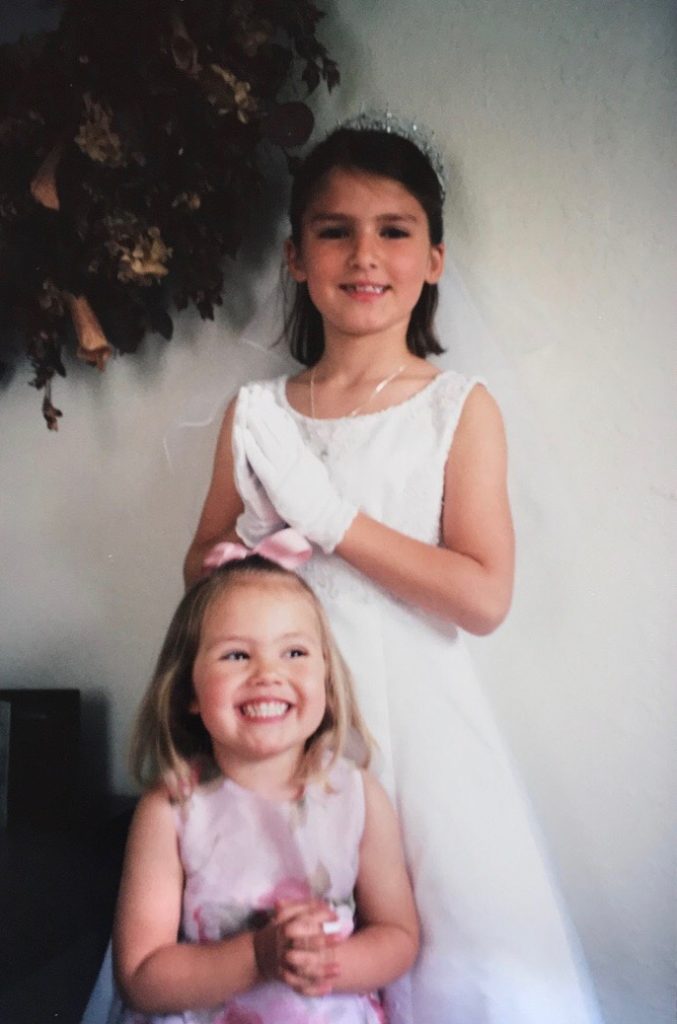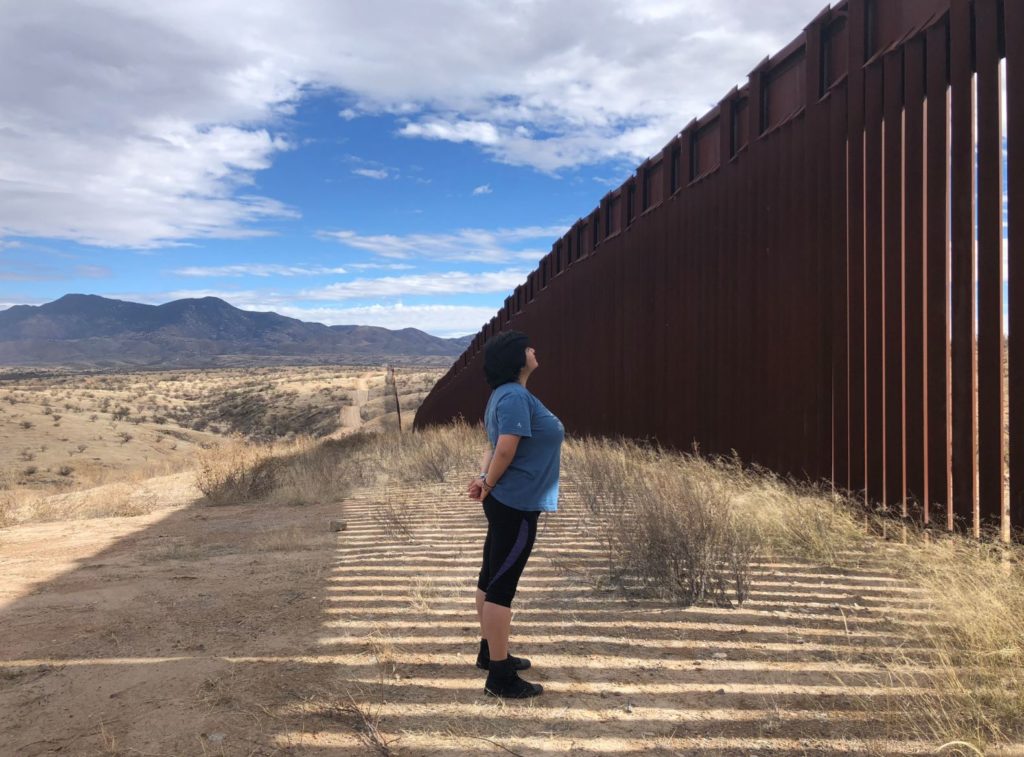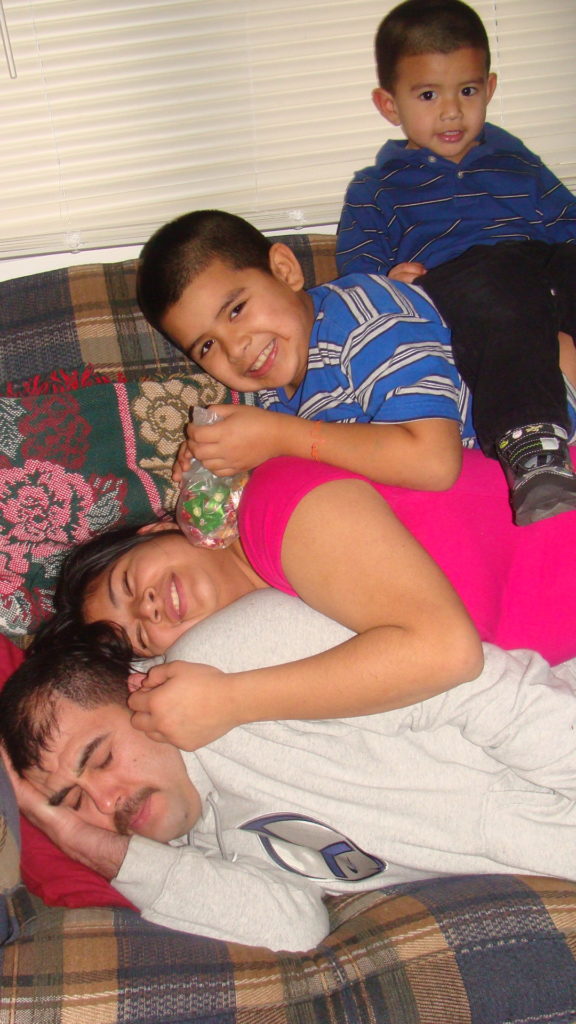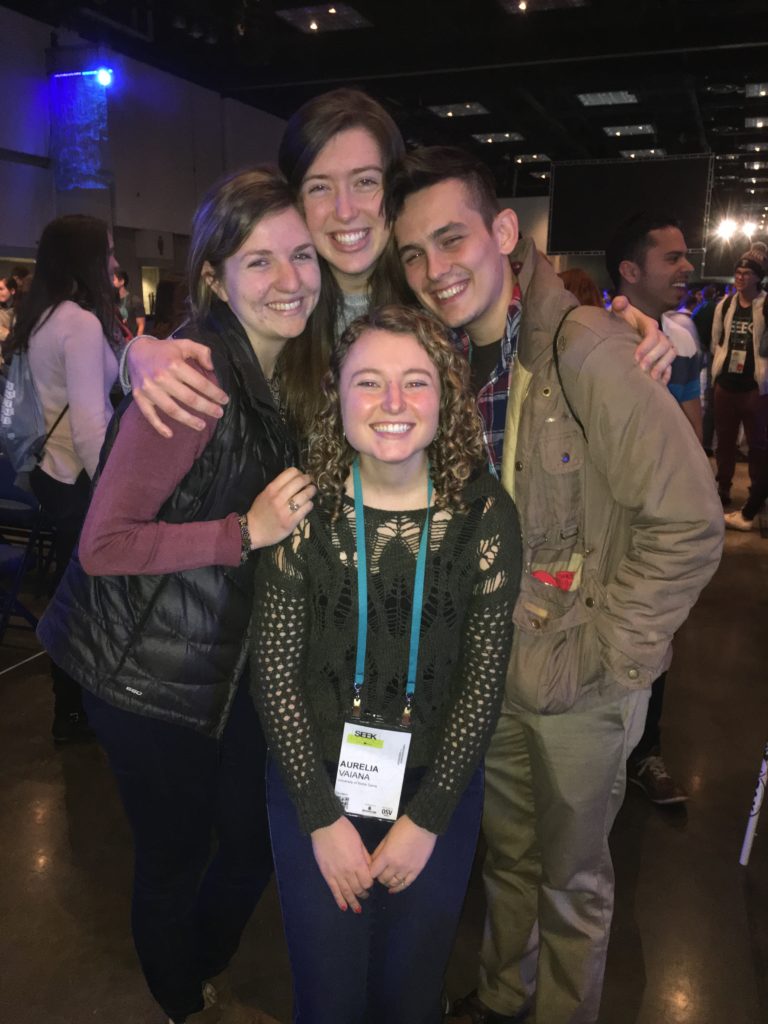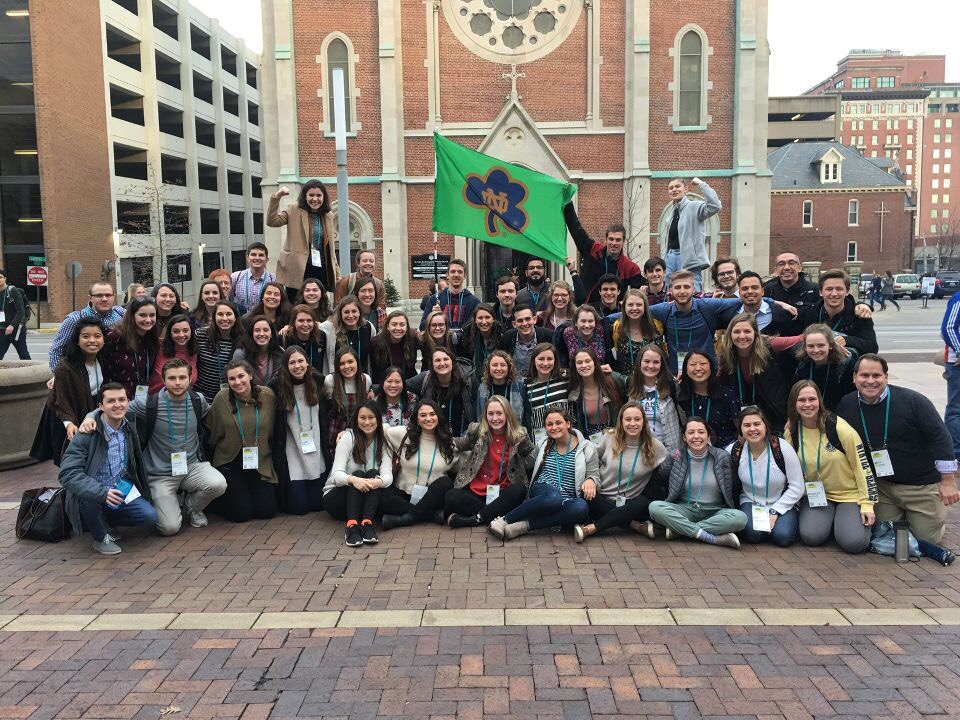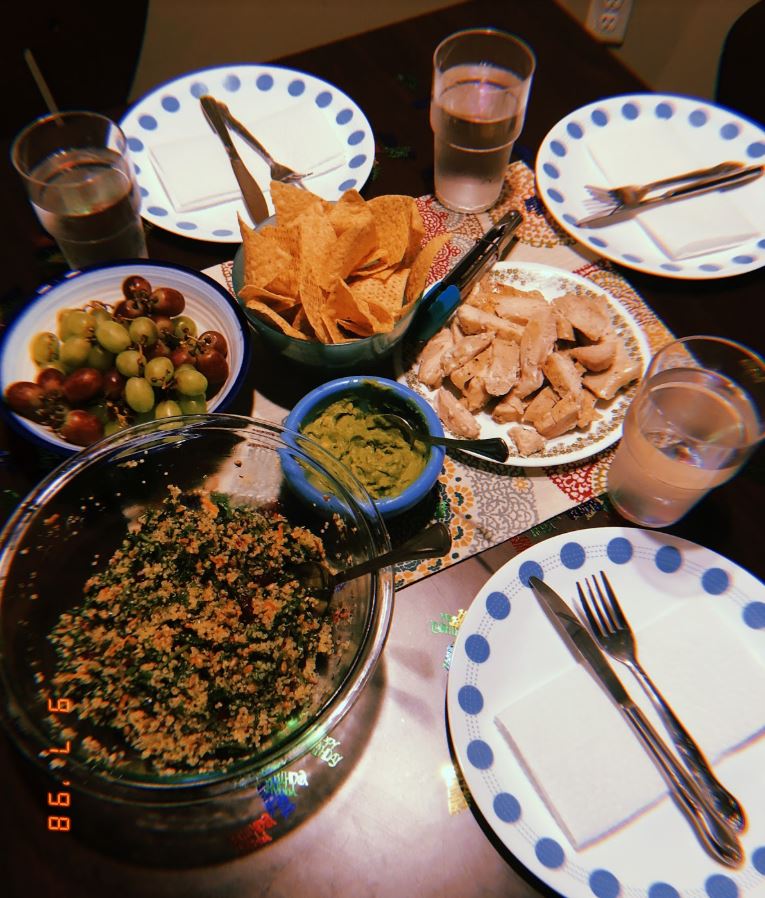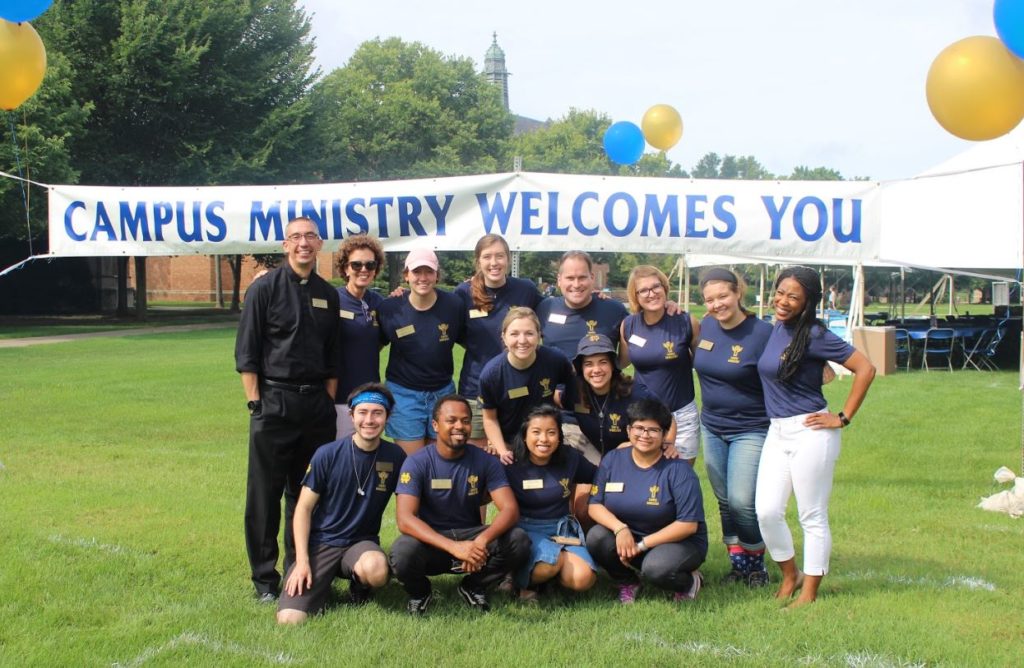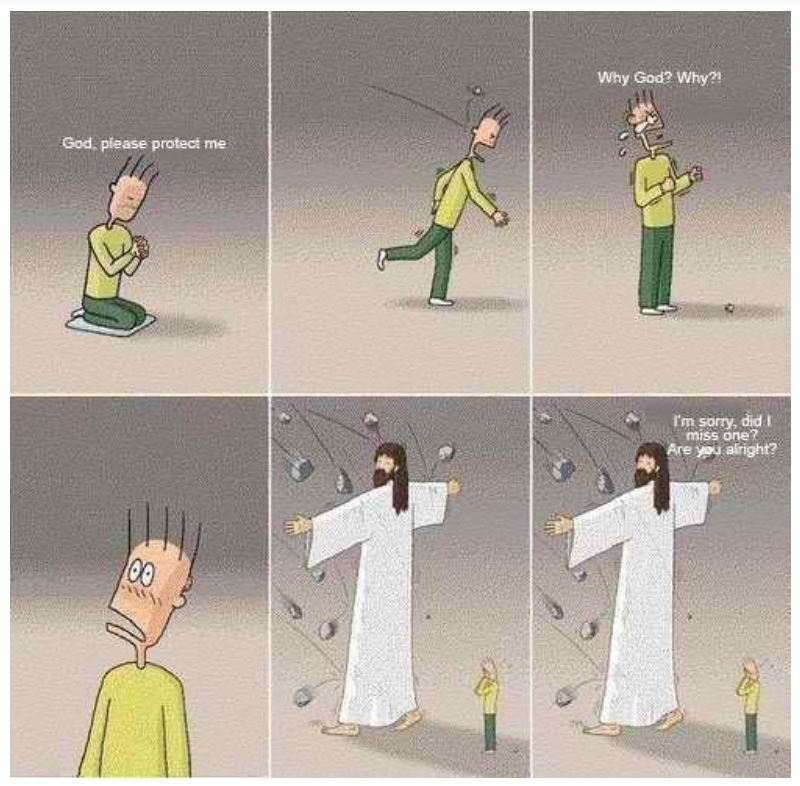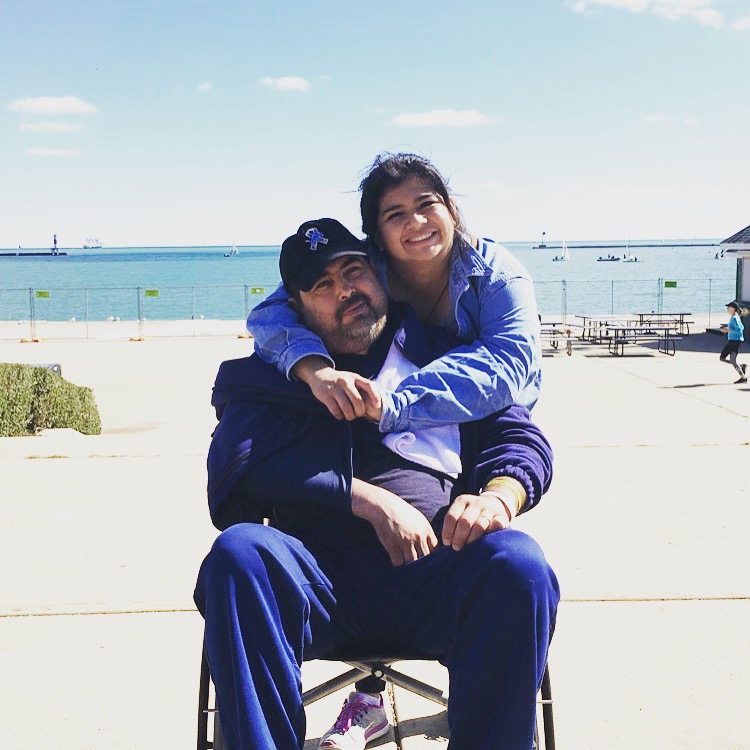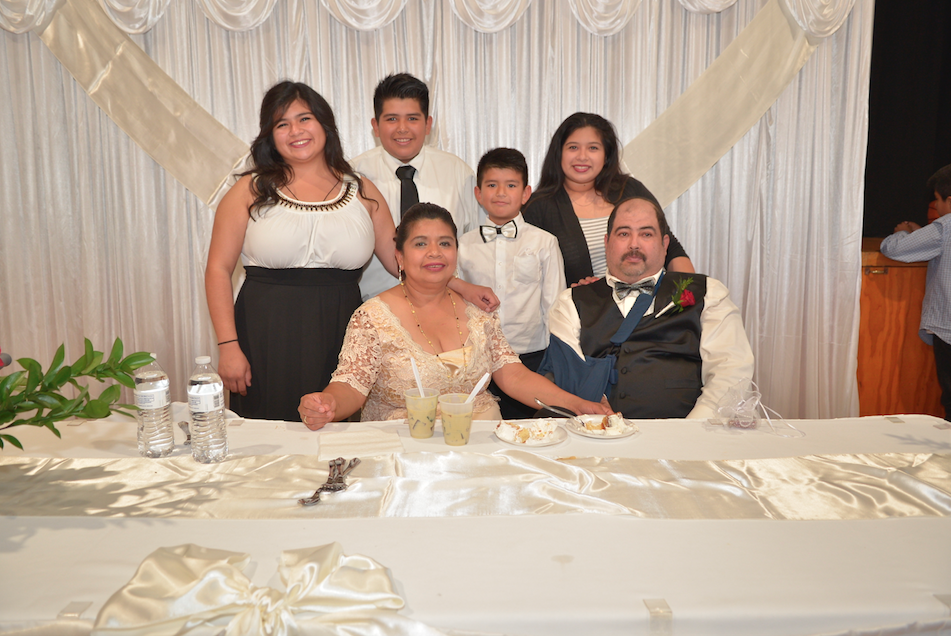Selwin Wainaina – Senior Anchor Intern, Multicultural Ministry
Coming in my freshman year, I would have never guessed that I would be this ready to leave a place that I have spent so much time devoting myself to. Like every place I’ve previously left where I was able to make life-long connections, laugh a lot, and take part in the community, I figured that the feeling of finally leaving the University of Notre Dame would be the embodiment of the Frank Sinatra song “My Way.” That I‘d stroll across the stage, the music would start, and as my eyes begin to swell with water I would begin singing “and now, the end is near…and so I face the final curtain. My friend, I’ll say it clear I’ll state my case, of which I’m certain…” This would be followed by numerous tears and embraces between me and my professors, friends, and mentors. This was the vision of my experience exiting this university. The only weird part is that… It’s not.
I wouldn’t say that my time here has been completely unpleasant, but it has had its fair share of challenges. There have been constant conflicts dealing with things like loneliness, depression, incompetence, mistakes, stress, anxiety, betrayal, and exclusion. My time as an actual student at this university has revealed that only certain people can fully gain the benefits and welcome of being a part of the broader “Notre Dame Community.” People often misquote 1 Corinthians 10:13 and preach that God will never give you more than you can handle. Well, I interpret the scripture very differently and have experienced first-hand dealing with conflicts and situations that I actually could not adequately handle. These occurrences have left me hurt and broken in so many ways and remind me of the point where Jesus is in the garden begging God saying, “won’t you take this cup from me!?” pleading for rescue from the misfortune that was to occur. But, as we have seen, his will is so much greater than our will.
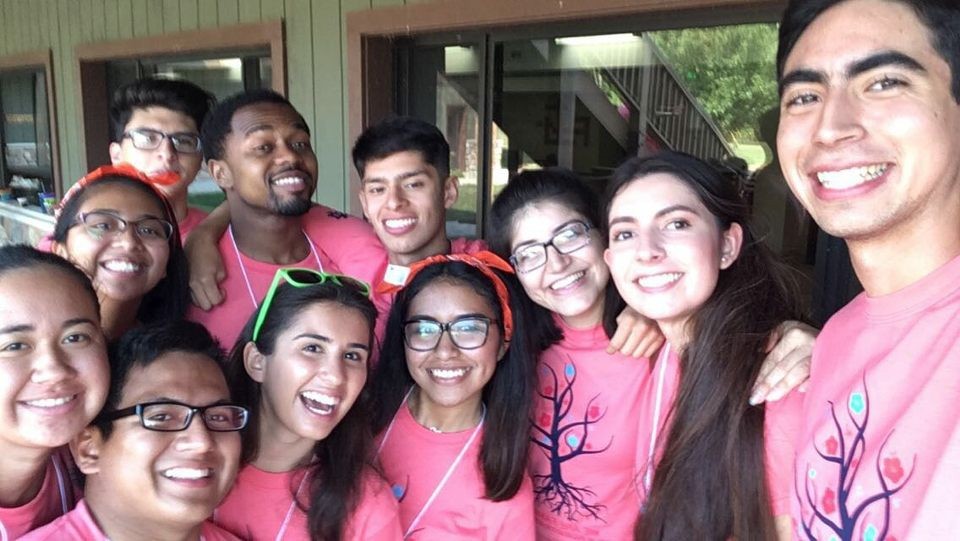
There is a song by VaShawn Mitchell that begins saying “there’s beauty in my brokenness.” I definitely believe these lyrics. Through all of the trials I have experienced here at Notre Dame, I have grown and gained something beautiful. When I was excluded from one community I felt pushed to be a part of, I gained a new community and a true familia. From being betrayed and hurt by friends, I realized how to discern the people God wants in my life and the people who do not deserve to continue to be a part of my journey. From so many nights of stressing and letting anxiety get the best of me, I have learned to maintain peace through the realization that no matter what happens, God has me. And from experiencing exclusion and loneliness on this campus, I was able to gain true self-love and find those friends that will feed into me long after I graduate.
I believe that one of the greatest aspects of this university that I’ll miss the most are the friendships that I have made. Since I was younger, my favorite scripture, and someday tattoo, is St. John 15:13, “Greater love hath no man than this; than to lay down his life for a friend.” Friends have always been such an important part of my life, in some ways more than my family. These past four years have blessed me with great friendships who have fed me spiritually, emotionally, and mentally. Someone asked me the other day, if I could go back and have gone to another university instead, would I? These friends I made here are, sincerely, the only reason why I wouldn’t hesitate to take on Notre Dame all over again. I love these people and would give my life for each and every one of them.
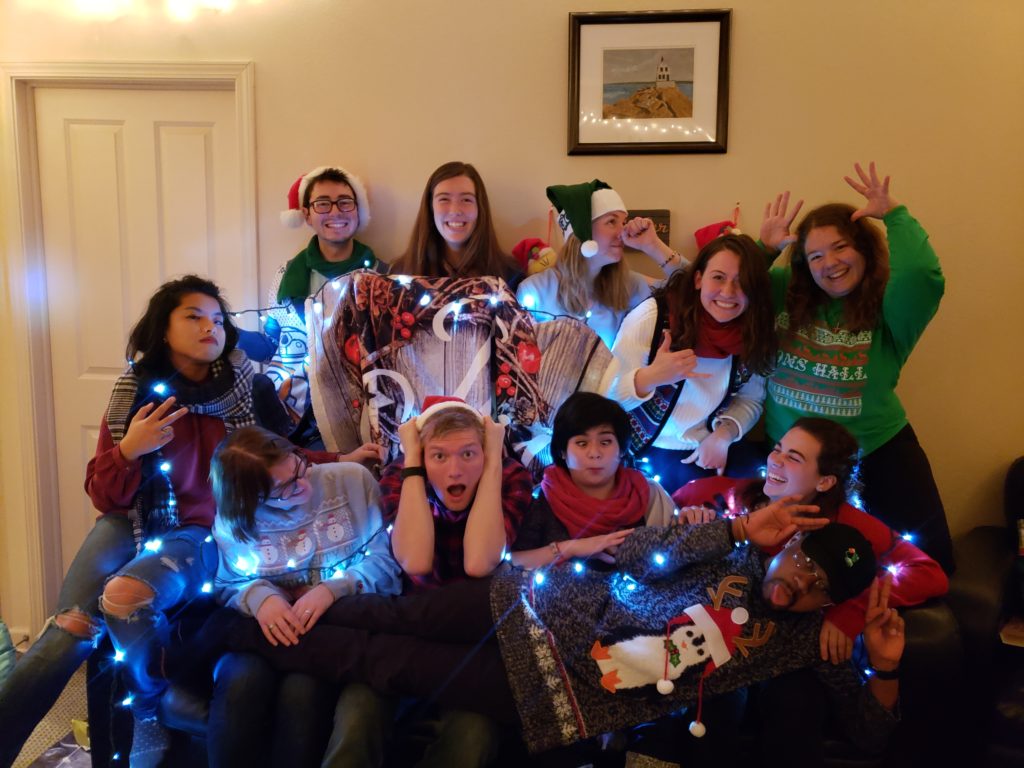
So, as I face my final curtain, I am tearing up with thankfulness that God has blessed me enough to attend the University of Notre Dame. It may not have been all sunshine and comradery, but I wouldn’t trade it for the world of growth and love that God has brought me into. “The record shows I took the blows…. and did it my way.”
Dedicated to my friends and loved ones here at Notre Dame:
I thank my God upon every remembrance of you, always in every prayer of mine for you all making request with joy, for your fellowship in the gospel from the first day until now…
– Philippians 1:3-5
